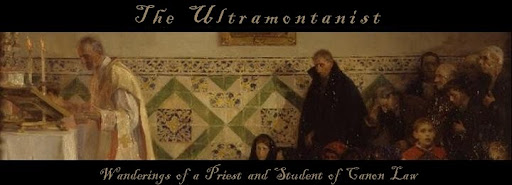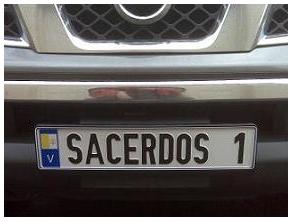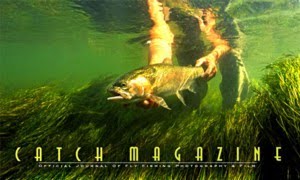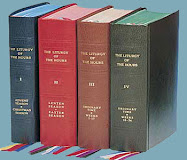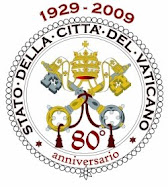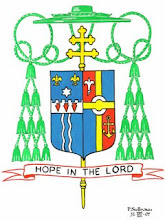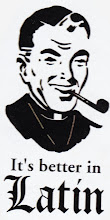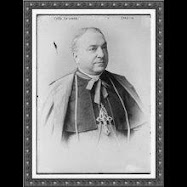
Myself and a good number of my priest friends often times enjoy sharing a cigar. While some would argue this constitutes a vice, I on the other hand choose to see it as a virtue, enhancing the qualities of fraternity and relaxation. In honor of this belief, I offer a few humorous quotes about the enjoyment of a fine cigar by G.K. Chesterton:
"To have a horror of tobacco is not to have an abstract standard of right; but exactly the opposite. It is to have no standard of right whatever; and to make certain local likes and dislikes as a substitute. Nobody who has an abstract standard of right and wrong can possibly think it wrong to smoke a cigar. It is a vague sentimental notion that certain habits were not suitable to the old log cabin or the old hometown. It has a vague utilitarian notion that certain habits are not directly useful in the new amalgamated stores or the new financial gambling-hell. If his aged mother or his economic master dislikes to see a young man hanging about with a pipe in his mouth, the action becomes a sin; or the nearest that such a moral philosophy can come to the idea of a sin. A man does not chop wood for the log hut by smoking; and a man does not make dividends for the Big Boss by smoking; and therefore smoking has a smell as of something sinful."
"Incidentally, I must say I can bear witness to this queer taboo about tobacco. Of course numberless Americans smoke numberless cigars; a great many others eat cigars, which seems to me a more occult pleasure. But there does exist an extraordinary idea that ethics are involved in some way; and many who smoke really disapprove of smoking.
I remember once receiving two American interviewers on the same afternoon; there was a box of cigars in front of me and I offered one to each in turn. Their reaction (as they would probably call it) was very curious to watch. The first journalist stiffened suddenly and silently and declined in a very cold voice. He could not have conveyed more plainly that I had attempted to corrupt an honorable man with a foul and infamous indulgence; as if I were the Old Man of the Mountain offering him hashish that would turn him into an assassin. The second reaction was even more remarkable. The second journalist first looked doubtful; then looked sly; then seemed to glance about him nervously, as if wondering whether we were alone, and then said with a sort of crestfallen and covert smile: "Well, Mr. Chesterton, I'm afraid I have the habit."
"The Catholic Church is like a thick steak, a glass of red wine, and a good cigar."
